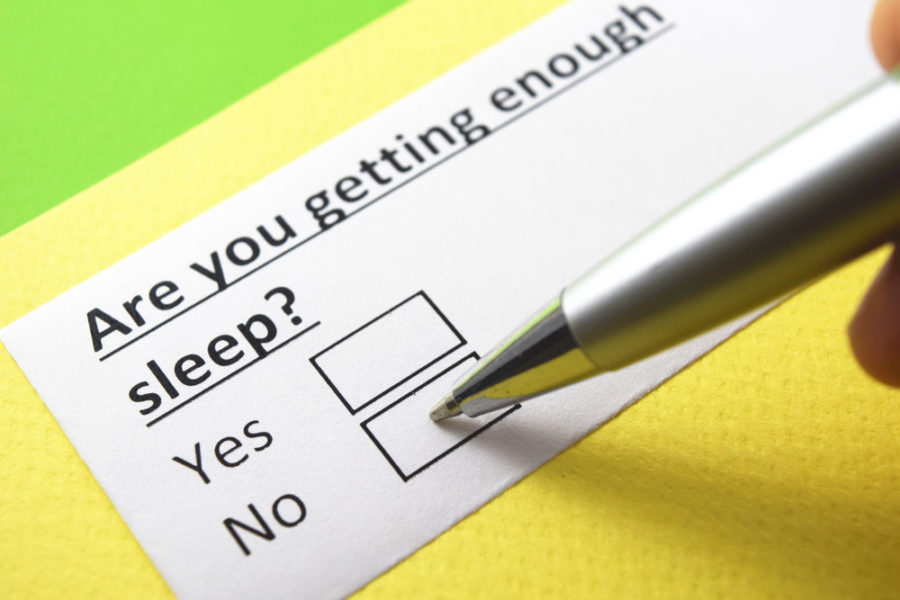
Celebrate National Sleep Awareness Month
March is National Sleep Awareness Month. Sleep is a vital part of living a healthy life. Sleep can affect every aspect of our lives from weight loss, to muscle recovery, to focus, mood, and our overall wellbeing. On average, we spend seven to eight hours every night sleeping while children often sleep 10-12 hours. In fact, nearly 1/3 of our lives is spent sleeping, so it’s important that we focus on it. March is the time to re-evaluate your sleep health and make it a priority.
We’ve put together a list of our favorite sleep tips to celebrate National Sleep Awareness Month. Explore with us as we discover the best ways to get restorative and restful sleep every night, not just in March.
The right mattress is the foundation to getting peaceful rest. With so many mattress options to choose from, it’s so important to sleep on the bed that is perfect for you. We believe in this so strongly that we have scientific-backed technology to help you find the best mattress. Our exclusive RIGHTfit Technology is a patented diagnostic system that scientifically measures your pressure points and body structure to recommend the proper amount of support you need. In three minutes, our sleep technology uses 18 statistical measurement and over 1,000 scientific calculations to determine the amount of support you need.
Once you have the mattress that is best-suited for you, you can follow these tips to ensure you’ll sleep longer, and wake up feeling refreshed in the morning.
Exercise daily for a minimum of 20 to 30 minutes. You can do something as simple as walking, or working out more rigorously, depending on your skill level. The key is to stay active. Try to workout in the morning or early afternoon because exercising at night can make it harder to fall asleep.
Limit your power naps to 20 to 30 minutes. If you experienced interrupted sleep at night, a quick power nap can help you feel refreshed for the rest of your day. You should only sleep for 20 to 30 minutes because any longer than that will make it hard for you to sleep at night.
Develop a consistent bedtime routine. Go to bed at the same time every night and wake up at the same time in the morning. Even on the weekends when you want to sleep in, get up and get moving at the same time you do during the week.
Eat light at night and do not eat a heavy meal right before bed. You should try to eat your last meal of the day at least two to three hours before you go to bed. If you eat too much, your stomach will hurt and it will make falling asleep more difficult.



